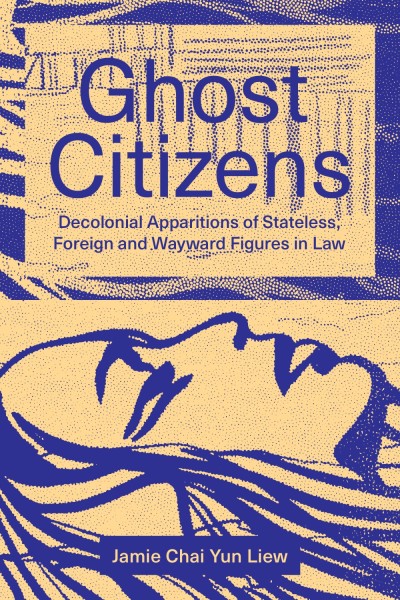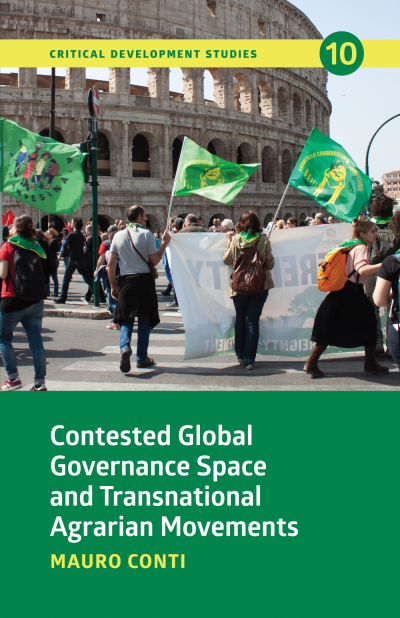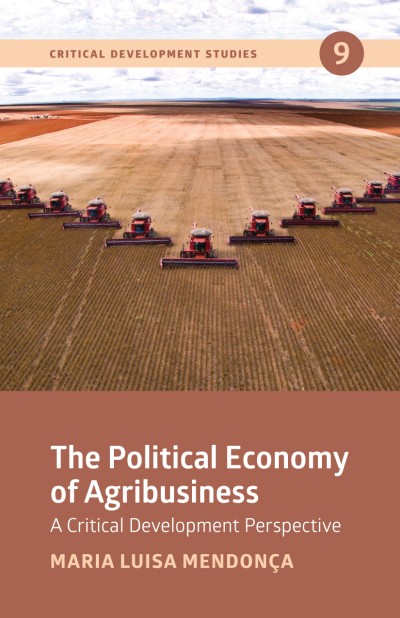
Food Sovereignty
Reconnecting Food, Nature and Community
Advocating a practical, radical change to the way much of our food system currently operates, this book argues that food sovereignty is the means to achieving a system that will provide for the food needs of all people while respecting the principles of environmental sustainability, local empowerment and agrarian citizenship. The current high input, industrialized, market-driven food system fails on all these counts. The UN-endorsed goal of food security is becoming increasingly distant as indicated by the growing levels of hunger in the world, especially among marginalized populations in both the North and South. The authors of this book describe the recent emergence and the parameters of an alternative system, food sovereignty, that puts the levers of food control in the hands of those who are both hungry and produce the world’s food - peasants and family farmers, not corporate executives. As the authors show in both conceptual and case study terms, food sovereignty promises not only increased production of food, but also food that is safe, food that reaches those who are in the most need, and agricultural practises that respect the earth.
About the book
Advocating a practical, radical change to the way much of our food system currently operates, this book argues that food sovereignty is the means to achieving a system that will provide for the food needs of all people while respecting the principles of environmental sustainability, local empowerment and agrarian citizenship. The current high input, industrialized, market-driven food system fails on all these counts. The UN-endorsed goal of food security is becoming increasingly distant as indicated by the growing levels of hunger in the world, especially among marginalized populations in both the North and South. The authors of this book describe the recent emergence and the parameters of an alternative system, food sovereignty, that puts the levers of food control in the hands of those who are both hungry and produce the world’s food - peasants and family farmers, not corporate executives. As the authors show in both conceptual and case study terms, food sovereignty promises not only increased production of food, but also food that is safe, food that reaches those who are in the most need, and agricultural practises that respect the earth.
Contents
- Seeing like a peasant: the origins of food sovereignty (Hannah Wittman, Annette Desmarais and Nettie Wiebe)
- Capitalist Agriculture, the Food Price Crisis and Peasant Resistance (Walden Bello and Mara Baviera)
- The Practice of Food Sovereignty: Voices from La Via Campesina (Itelvina Masioli and Paul Nicholson)
- Section One: Roots of the Crisis
- Drawing Forth the Force that Slumbered in Peasants’ Arms: The Economist, High Agriculture and Selling Capitalism (Jim Handy and Carla Fehr)
- Framing Resistance: International Food regimes and the roots of food sovereignty (Madeleine Fairbairn)
- Agrofuels and Food Sovereignty: Another Agrarian Transition (Eric Holt-Giménez and Annie Shattuck)
- Section Two: Agrarian Citizenship: Revaluing Land and the Environment
- Reconnecting agriculture and the environment: food sovereignty and the agrarian basis of ecological citizenship (Hannah Wittman)
- Food Sovereignty and Redistributive land policies: Exploring Linkages, Identifying Challenges (Saturnino M. Borras and Jennifer Franco)
- Scaling up agroecological approaches for food sovereignty in Latin America (Miguel Altieri)
- Section Three: Seeds: The Essential Means of Production
- Seed Sovereignty: Unearthing the Cultural and Material Struggles over Seed in Malawi (Rachel Bezner Kerr)
- Seed Sovereignty: The Promise of Open Source Biology (Jack Kloppenburg)
- Section Four: Food Sovereignty: Concepts and Practice
- Food Sovereignty in Movement: Addressing the Triple Crisis (Philip McMichael)
- What does food sovereignty look like? (Rajeev Patel)




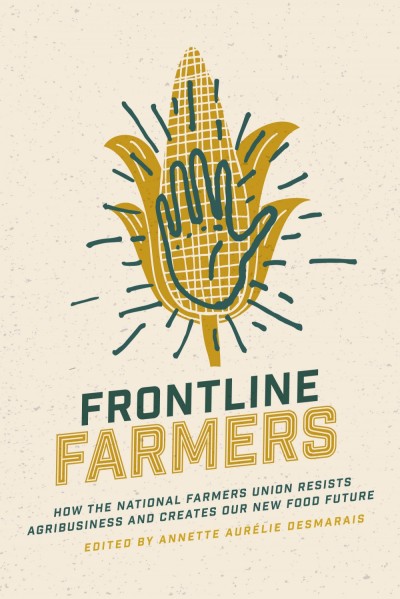
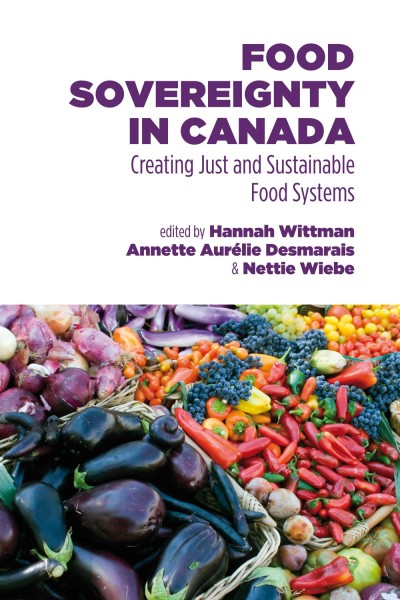

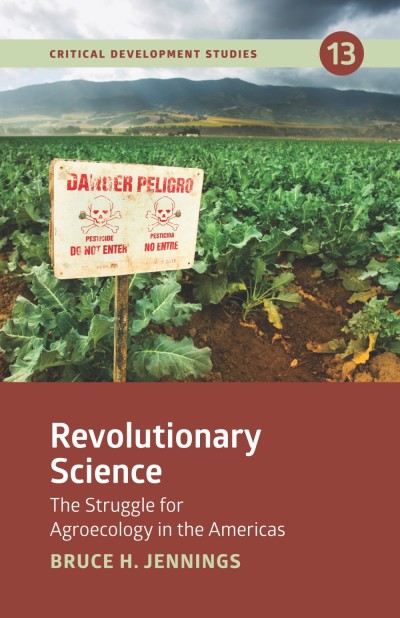
_cover-FINAL_400_618_90_s.jpg)
